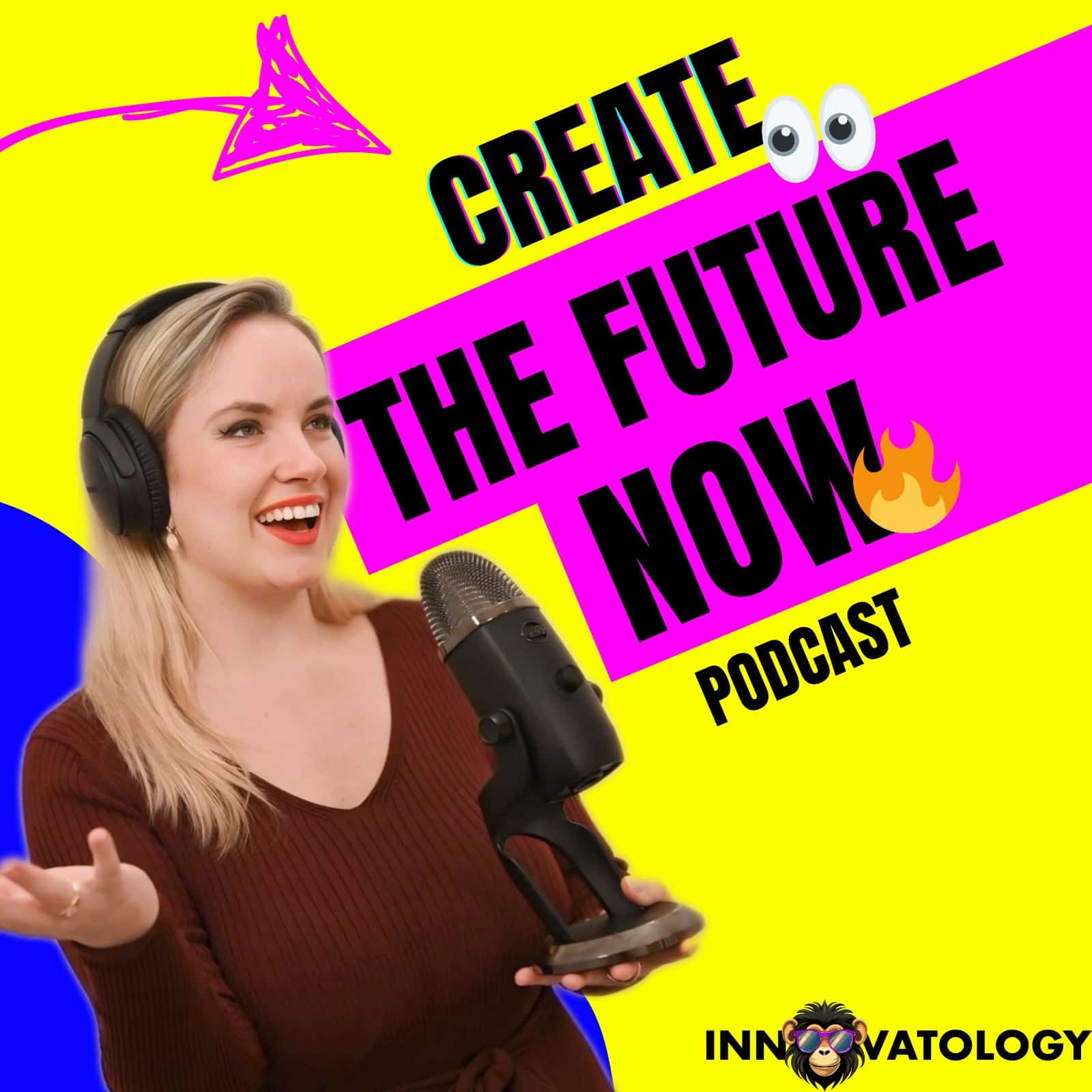Together with Shelli Brunswick, today we are going to explore the fascinating world of space technology and its real-life applications, as well as the future of interplanetary travel. Space technology has revolutionized our daily lives, from GPS navigation and satellite communication to weather forecasting and disaster management. We’ll discuss how advancements in space exploration, such as reusable rockets and satellite constellations, are shaping industries and improving global connectivity. Additionally, we’ll dive into the future of interplanetary travel, including missions to Mars, lunar colonization, and the potential for space tourism. Keywords to remember include space technology applications, interplanetary travel, Mars missions, lunar colonization, reusable rockets, satellite communication, and space tourism. Don’t forget to like, subscribe, and hit the bell icon for more videos on space exploration, technology innovations, and the future of space travel. Share your thoughts and questions in the comments below – we’d love to hear about your excitement and curiosity regarding space!
Transcript;
00:00:00
Hello everyone and welcome to our Innovatology episode. Innovatology is a one-stop shop to the innovation and technology, and we are decoding here the new tech for you, for the wider public. We find out that there is a gap on market and lots of people, they are sometimes a little bit scared of new innovations, especially with the bustle of the artificial intelligence, but also we are having really enlargement of the new technologies on daily basis, and we really need to speak about what is out there so that we are not scared and that we can leverage it to our daily life in the personal, but also in the professional life. So I’m Marie, and I am the co-founder of Innovatology, and I am here today with…
00:00:47
Cedric, the other part of Innovatology, and we’re super excited to meet today with Shelli. Yes, hello Shelli, how are you? Well, thank you so much for inviting me to join you. I’m looking forward to a fun and dynamic discussion. Thank you very much for accepting our invitation, and I’m really also looking forward to our fruitful discussion, which will be about reaching for the stars, unlocking the future of space exploration and innovation, which really, I just could not wait for this session with you. Can you please tell us more about yourself, what you are doing, who you are to our audience? Well, absolutely. Well, again, thank you so much for inviting me, and I always like to share that my journey has four chapters and where I am today is I’m an entrepreneur.






